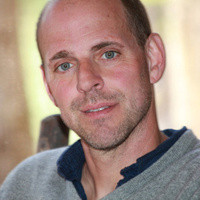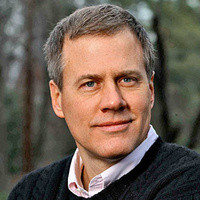Sponsored
Sponsor: "The Internet Police" by Nate Anderson
In The Internet Police: How Crime Went Online, and the Cops Followed, Ars Technica editor Nate Anderson takes readers on a behind-the-screens tour of landmark cybercrime cases, revealing how criminals continue to find digital and legal loopholes even as police hurry to cinch them closed.
Questions of online crime are as complex and interconnected as the internet itself. With each episode in The Internet Police, Anderson shows the dark side of online spaces—but also how dystopian a fully “ordered” alternative would be.
Buy the Book:</a></em>
Amazon • Barnes & Noble • iBookstore • Indiebound • Powell's



















